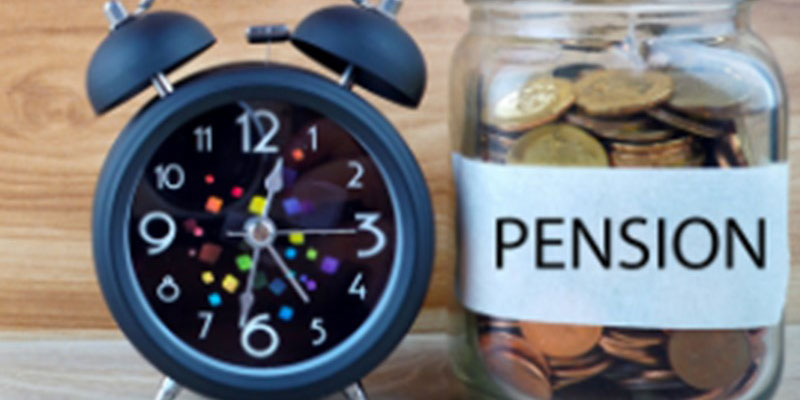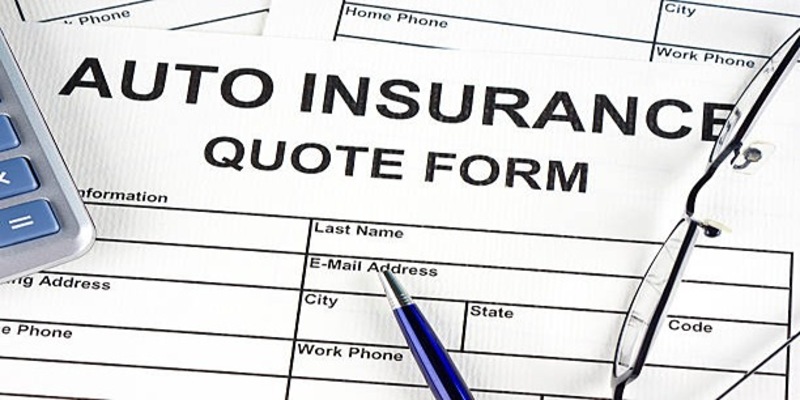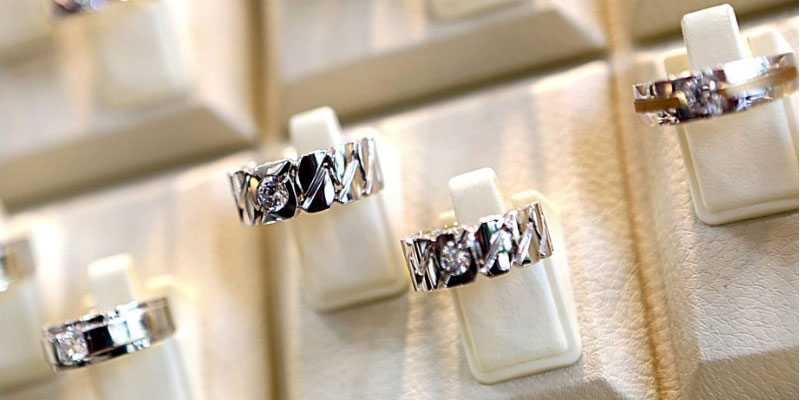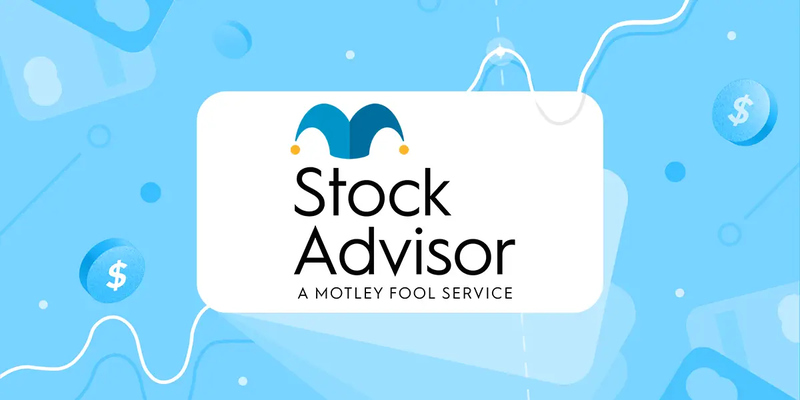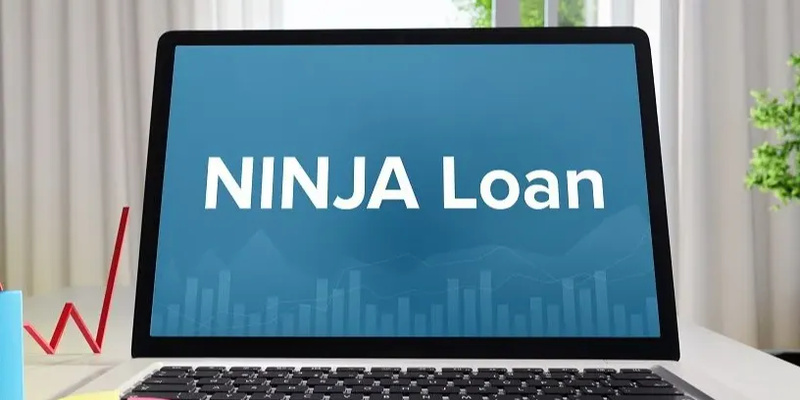Introduction
Money orders and cashier's checks are alternatives to paying with cash or writing a personal check. Both are preferred to personal checks due to their increased security, but they are not interchangeable and have different availability, pricing structures, and use cases. Unlike cashier's checks, money orders can be obtained at a wider variety of locations (including check cashing services, post offices, and even some supermarkets) for a lower charge and with a smaller maximum amount (generally less than $1,000). Cashier's checks are more convenient for more significant purchases than money orders, which are available in lower denominations. Also, money orders are more common and less expensive than cashier's checks.
Cashier's Check:
One way to conceive of a cashier's check is an official check written on a bank's account. It would be best if you didn't confuse it with a certified check, which is a check that is issued on a depositor's checking account and for which the bank guarantees adequate funds to cover the amount of the check. In other words, a certified check is a check that the bank guarantees has adequate funds to cover the amount of the check. Compared to a personal check, a cashier's check is distinguished by the requirement that an authorised bank representative signs it before it can be cashed. On the other hand, when a customer writes a certified check, the bank ensures that the customer's signature is genuine.
When you purchase a cashier's check from a bank, the monies from your checking or savings account are moved to the bank account. If you instruct your bank to send money to a specific person or business, the bank will write a check on your behalf and deliver the funds in this manner. The most reputable financial institutions in the United States charge about ten dollars for the privilege of issuing cashier's checks.

Because it is more difficult to counterfeit than a personal check or cash, a cashier's check offers an advantage over both payment options. Because the cash will be transferred directly from your account into the bank's account, the bank will not allow the check to be returned as unpaid. You can go about your business knowing that the monies will be distributed to the correct individual. You won't be subject to any fees or penalties typically incurred when insufficient money is in your checking account to cover a check that you have written.
However, cashier's checks have several severe faults, and fraudulent usage of counterfeit cashier's checks is possible. Con artists can use the act of presenting you with a counterfeit cashier's check to trick you into depositing it. However, your financial institution has a few weeks to determine whether or not the check was written fraudulently. Before depositing or cashing a cashier's check that you have received from a person you do not know very well, it is in your best interest to verify the check's authenticity by contacting the bank listed on the check.
Money orders offer a higher level of protection than personal checks do as a form of payment. You can receive them from various places, including the Postal Service, pharmacies, grocery stores, check-cashing businesses, and banks. Both cashing and depositing money orders are possible at the exact locations.
When purchasing a money order, you can use only cash, debit cards, or traveller's checks as payment options. There is a strict prohibition on using personal cheques and credit cards as payment methods. Cash advances are theoretically purchases made using a credit card if the card is used to make the purchase. The fee associated with money orders is noticeably lower than that associated with cashier's checks. The cost of a money order can range from less than a dollar to five dollars, depending on where it is purchased and how much money is being ordered.
Compared to cashier's checks, money orders are simpler to replace if they are misplaced or stolen. It is necessary to submit a replacement request for cashier's checks to the bank that issued them, and indemnity bonds are typically acquired from an insurance provider. If you lose the cashier's check for the second time, the bank will be compensated thanks to this bond. You may have to wait up to three months after requesting a replacement check before you get the new one.
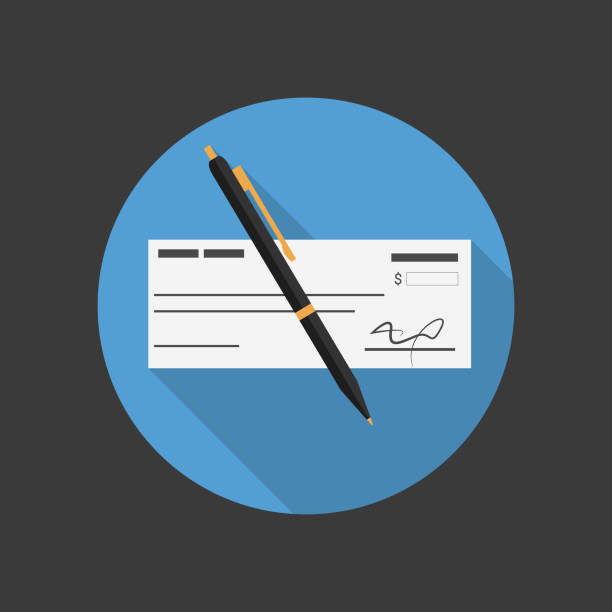
Conclusion:
When a bank or credit union issues a cashier's check, it does so exclusively for the account holder's benefit. The customer's funds are moved from their account to the bank's. A bank employee then signs checks. The cost of a cashier's check may be high. Banks, grocery stores, convenience stores, check-cashing businesses, and the Postal Service all issue money orders. You can only buy a money order with hard currency, a debit card, or a traveller's check. Money orders are offered to anyone willing to pay the face value of the order plus a minor fee.
